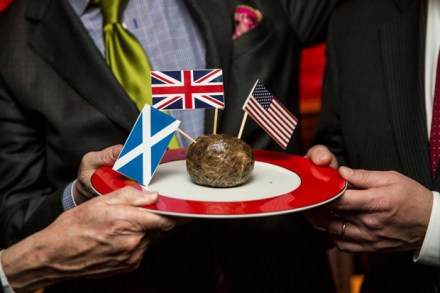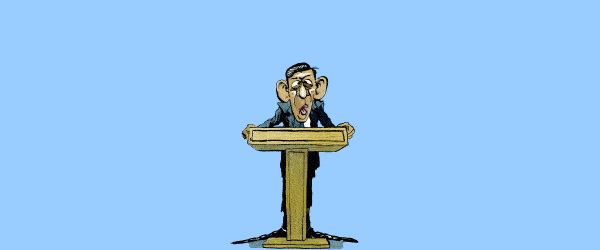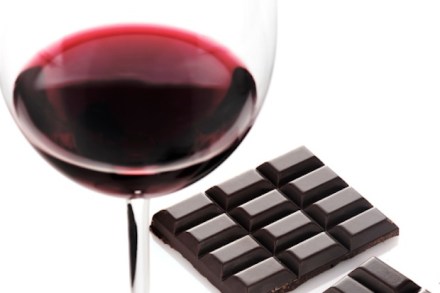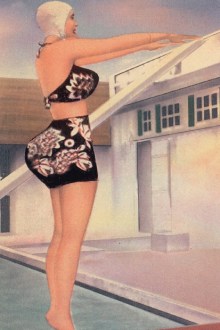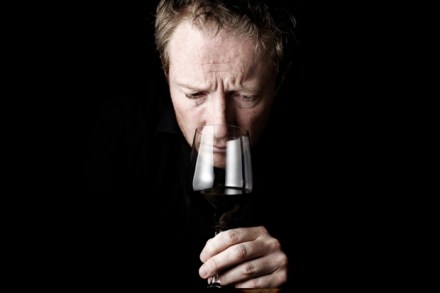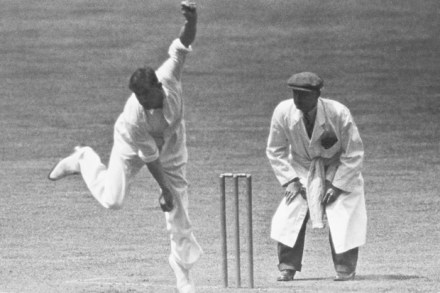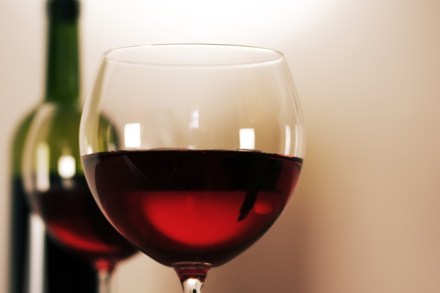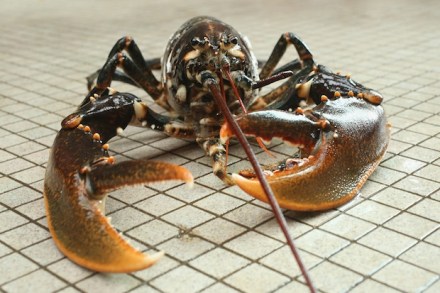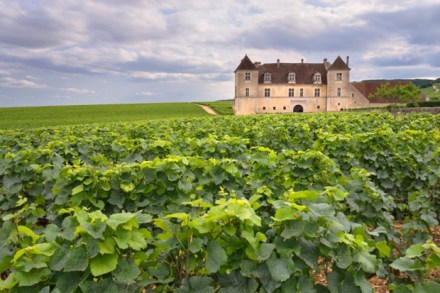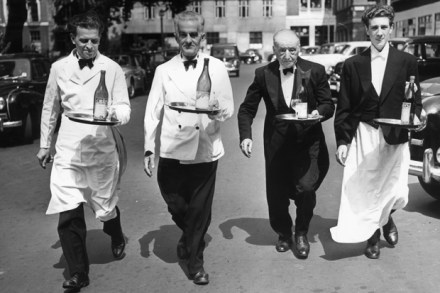The spirit of Prohibition lives (if you’re a haggis)
It is an old adage, but still pertinent. ‘Every generalisation about India is true, and so is the opposite.’ The other night, some of us were discussing the US and wondering if the same applied. Certainly, there are lots of paradoxes. Although Americans passionately believe that they live in the land of the free, there is plenty of enthusiasm for chains. A few years ago, the state of Vermont simultaneously legalised homosexual marriage and prohibited the serving of fried eggs unless they were ‘over easy’ — i.e. bent over. There is a terrible amount of food faddism. Outside the big cities, it is hard to find cheese made with raw
